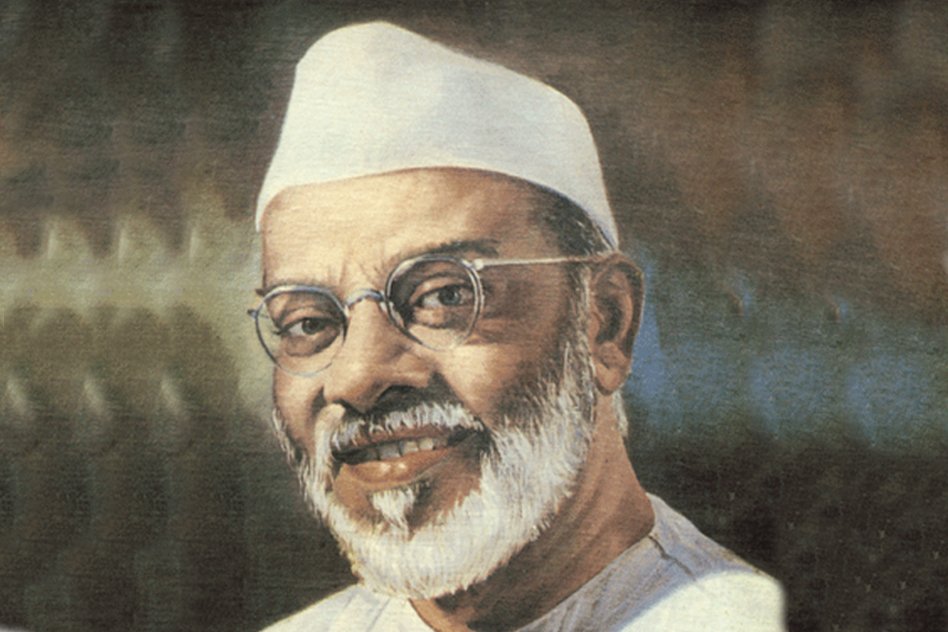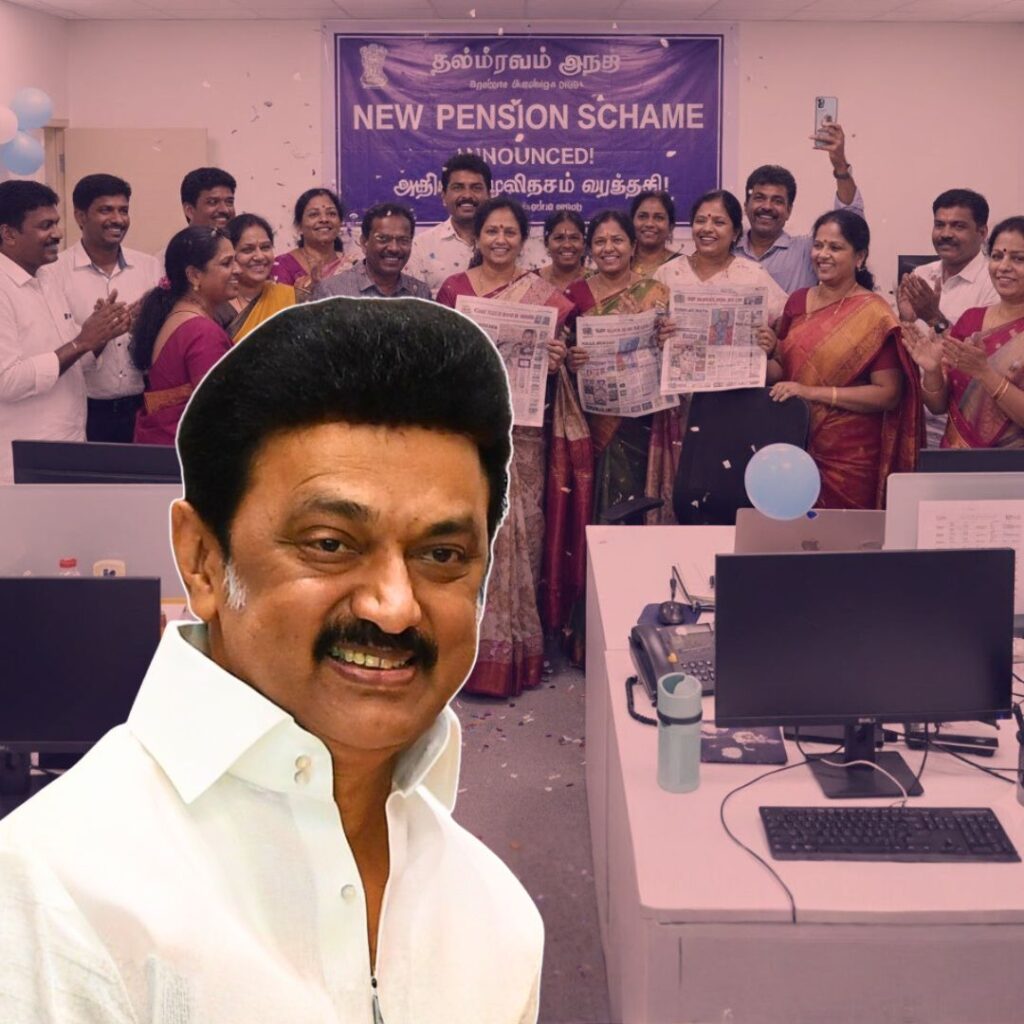Image Courtesy: arthiksamata
A number of promising economists have helped shape the economic policies of India before and after the independence. Among them, J.C. Kumarappa was a notable figure, he termed his economics as ‘Gandhian Economics’. Kumarappa was a pioneer of rural economic development theories, which stressed the importance of small and medium scale industries and agriculture. True to Gandhian philosophy, he ensured environment does not become a victim of his developmental economics.
Personal Life
Joseph Chelladurai Kumarappa was born on January 4th, 1892, in Tanjore, Tamil Nadu, into an orthodox Christian family. Kumarappa did his basic education in Madras, studied economics and chartered accountancy in Britain. On his return, he created his own firm called ‘Cornelius & Davar’. In 1928, he traveled to the United States to obtain degrees in Economics and Business Administration, at Syracuse and Columbia University. He was an active participant of freedom struggle movement and was in jail for more than a year, where he wrote three books. After independence Kumarappa was part of the Planning Commission and Indian National Congress, where he helped in framing policies for rural development and agriculture.
He prepared the economic survey of Gujarat before Independence
Kumarappa’s article on British tax policy and its exploitation of the Indian economy brought him to the notice of mainstream political sections of India. This eventually led him to meet Gandhiji in 1929. Gandhiji took an immediate liking for J. C. Kumarappa. Mahatma Gandhi even requested him to prepare an economic survey of rural Gujarat, which was later published in 1931.
The relationship soon developed into a friendship and in no time, he was a part of Gandhi’s inner circle.
He was a big admirer of Gandhi’s principles of Non-Violence. He was a strong supporter of Mahatma’s vision of village industries and promoted ‘Village Industries Associations’.
Foresaw the need for organic fertilizers
Kumarappa argued that large-scale dams are unnecessary and destructive, where small-scale dams and irrigation are sufficient to fulfill our water needs. He was against chemical fertilizers, he pointed out that organic fertilizers were far more efficient and less dangerous. He also stressed the importance of maintaining our forest resources. But all of his suggestions and arguments were ignored by the then Nehru government.
J. C Kumarappa, who was called as the “Green Gandhi” by historians, strived for making India a greener place, his theories on economics, his standings on the conservation of the environment, were both futuristic and unique. He also stood for the development of the rural population and tried to make sure they weren’t left behind. Unfortunately, his role is nearly forgotten, and his goals are yet to be accomplished.
Submitted By – Sudharshan Vasudevan










